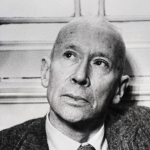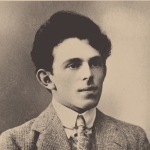The same to me are sombre days and gay.
Though joyous dawns the rosy morn, and bright,
Because my dearest love is gone away
Within my heart is melancholy night.
My heart beats low in loneliness, despite
That riotous summer holds the earth in sway.
In cerements my spirit is bedight;
The same to me are sombre days and gay.
Though breezes in the rippling grasses play,
And waves dash high and far in glorious might,
I thrill no longer to the sparkling day,
Though joyous dawns the rosy morn, and bright.
Ungraceful seems to me the swallow's flight;
As well might Heaven's blue be sullen gray;
My soul discerns no beauty in their sight
Because my dearest love is gone away.
Let roses fling afar their crimson spray,
And virgin daisies splash the fields with white,
Let bloom the poppy hotly as it may,
Within my heart is melancholy night.
And this, oh love, my pitiable plight
Whenever from my circling arms you stray;
The same to me.



















Comment form: